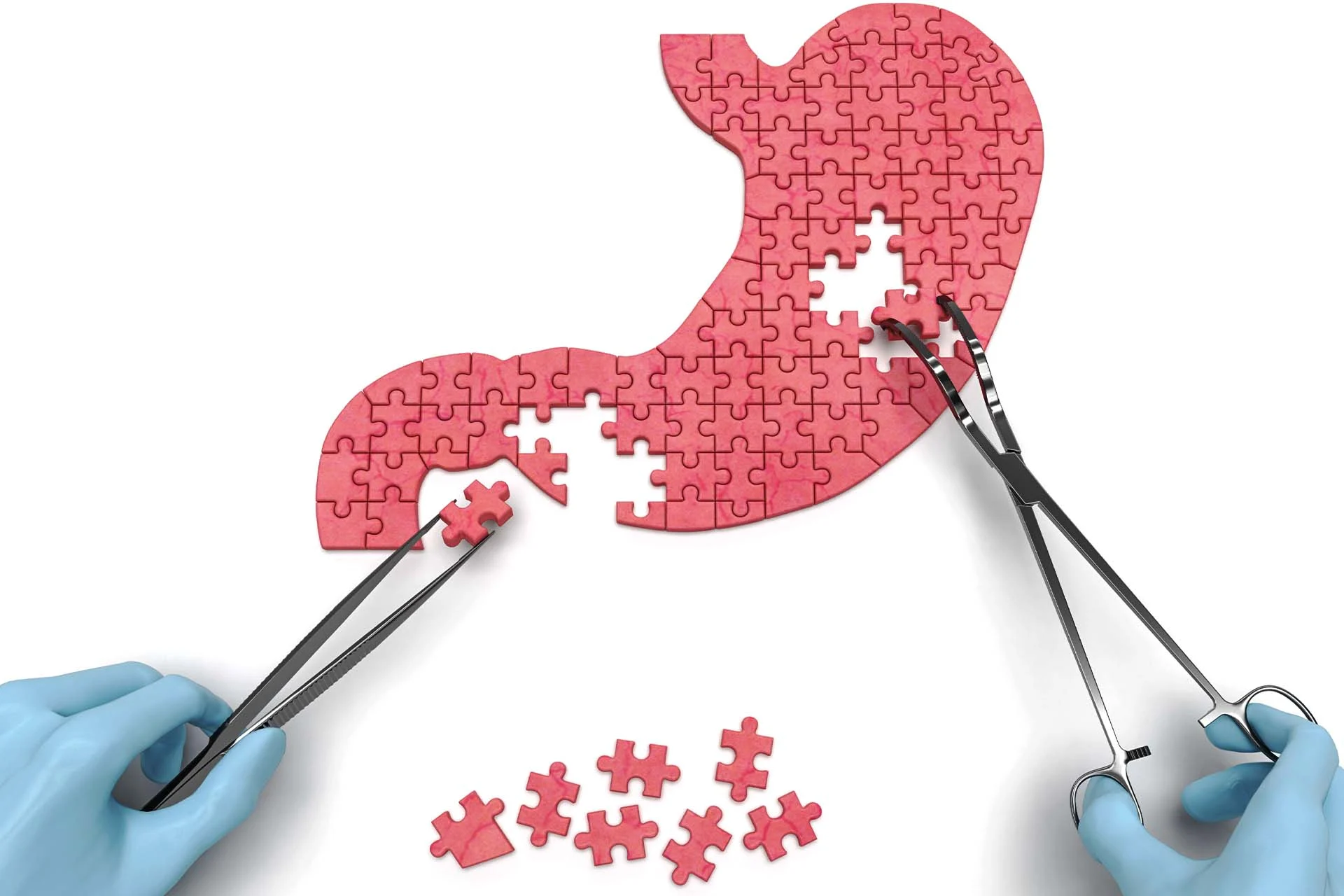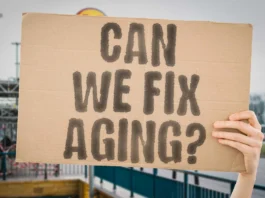Is That Stomach Pain More Than Just Indigestion?
Have you ever ignored a lingering stomach pain or brushed off constant acid reflux as nothing serious? Most of us have, chalking it up to stress or last night’s spicy dinner. But what if that seemingly innocent discomfort was your body’s subtle cry for help?
Why Stomach Cancer Is So Hard to Catch Early
Stomach cancer is notoriously tough to catch early. It’s the disease that took country music legend Toby Keith in 2023 and remains a silent threat because symptoms usually don’t show until it’s advanced. But recent breakthroughs have doctors more hopeful than ever.
At the Digestive Disease Week conference, Dr. Mohamed Tausif Siddiqui of the Cleveland Clinic delivered promising news: doctors are finding more stomach tumors at an earlier stage, thanks to significant improvements in diagnostic tools. Siddiqui’s study examined data from the National Cancer Institute, revealing a clear trend—more early-stage stomach cancers were caught between 2004 and 2021.

Early Detection Rates Are Rising
Here’s the good news: The rate of early stomach cancer diagnoses jumped from 1.94 to 2.97 per 100,000 people. Even better, advanced-stage cancers—those that spread beyond the stomach—dropped noticeably from 2.55 to 2.35 per 100,000 people. It’s a hopeful shift that could mean thousands of lives saved.
So, what’s behind this positive change?
How Endoscopes Are Changing the Game
New endoscopes—those thin, flexible tubes doctors use to peek inside our digestive tracts—are now equipped with high-definition cameras and powerful zoom functions. These upgraded scopes can spot tiny tumors that older devices might have missed. Siddiqui emphasizes, “Previously, we caught tumors too late. Now we’re seeing them clearly when they’re still small.”

Early Diagnosis = Better Survival Odds
Despite these advancements, stomach cancer remains serious. The American Cancer Society estimates that around 26,500 Americans will receive a diagnosis in 2025, with over 10,800 expected to lose their battle. But catching it early dramatically boosts survival odds—from a stark 36% to an encouraging 77% for localized cases.
What the U.S. Can Learn from Japan and South Korea
However, America still lags behind countries like Japan and South Korea, where regular screening is standard. In Japan, everyone over 50 undergoes routine stomach checks, significantly lowering mortality rates. Dr. Ji Yoon Yoon from Mount Sinai sees the new findings as potentially game-changing, suggesting it’s time the U.S. adopted similar practices.
But what exactly should prompt someone to get checked?
Subtle Symptoms You Shouldn’t Ignore
Stomach cancer symptoms are notoriously subtle: persistent acid reflux unresponsive to medication, unexplained weight loss, constant abdominal discomfort, excessive burping after meals, and unexplained anemia. Even young people aren’t immune—recent data from Vanderbilt University points to rising cases in adults under 50.

Lifestyle Choices That Raise (or Lower) Your Risk
There’s also fresh evidence linking lifestyle factors to increased stomach cancer risk. A groundbreaking study by the American Institute for Cancer Research connected obesity, heavy drinking, and processed meat consumption to higher rates of gastric cancer. Eating just one hot dog daily increases your stomach cancer risk by nearly 18%.
Yet, this isn’t all doom and gloom. Practical lifestyle changes can significantly reduce your risks. Alice Bender from the AICR highlights easy prevention steps: increasing daily physical activity, embracing more fruits and vegetables, and reducing processed meats. These simple actions could drastically cut cancer risk.
Why Some Populations Face Higher Risks
Genetics also play a role. A study from Nature Genetics identified a unique genetic variation prevalent in East Asians, impacting alcohol metabolism and heightening their stomach cancer risk. Dr. Tatsuhiro Shibata, leading the research in Japan, noted this finding could lead to targeted screening programs, especially important for at-risk populations.

Doctors stress the necessity of public education alongside medical advancements. Knowing the early signs and taking preventive measures is half the battle. Dr. Michael Gibson from Vanderbilt University underscores the importance of awareness, especially since early diagnosis directly correlates with better survival outcomes.
What You Can Do Today
Currently, stomach cancer screening in the U.S. is reserved for those with clear risk factors, like family history or chronic stomach issues. Experts argue that a broader screening approach could save lives by catching more cases sooner.
For now, what’s the takeaway?
Push for Better Screening and Education
Recognize the warning signs. Advocate for your health by discussing potential stomach cancer symptoms with your doctor. Push for better public awareness and advocate for expanded screening guidelines. Could we see a future where stomach cancer becomes more preventable, manageable, and survivable?
It’s entirely possible—and it begins with awareness, early action, and routine screening.
How many lives could we save if everyone knew the early signs? Perhaps yours, or someone you love. Share the knowledge—because early detection isn’t just smart; it’s lifesaving.





🖕🏽cancer